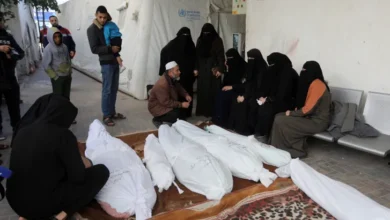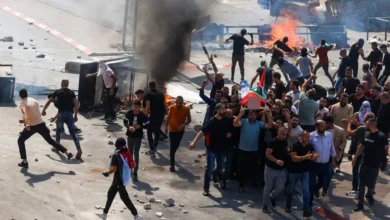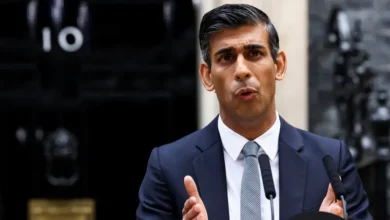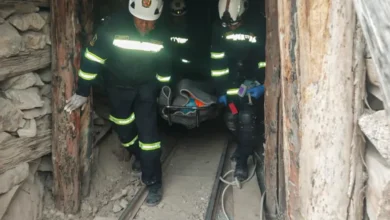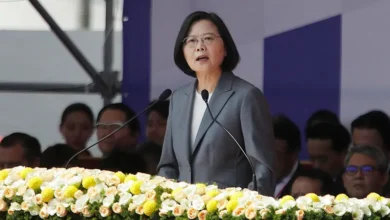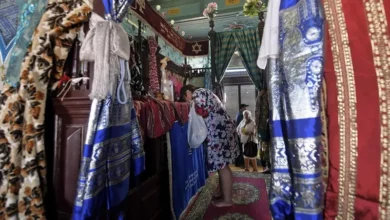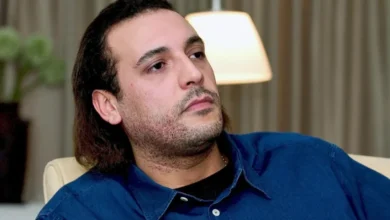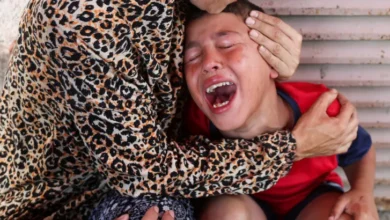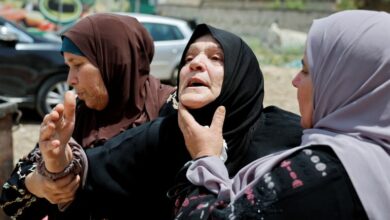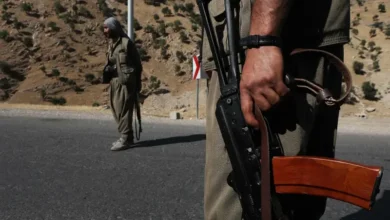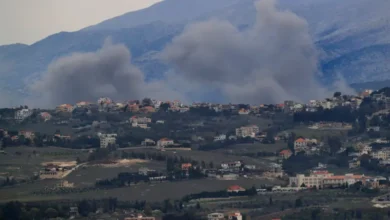Who is Omar Tchiani, leader of Niger’s new military government?

General Omar Tchiani, commander of Niger’s presidential guards, has appointed himself head of the country’s new military government following the removal from power of President Mohamed Bazoum.
Appearing on state television on Friday, Tchiani said Niger needed to change course to avoid “the gradual and inevitable demise” and thus he and others had decided to intervene.Amid the uncertainty that followed the coup, many reports had pinpointed him as the man behind the military takeover.
Early on Wednesday, members of the special unit led by Tchiani detained Bazoum within the presidential palace, prompting regional leaders to organise a swift mediation mission to try to prevent a coup.
Hours later, a group of soldiers appeared on the West African nation’s national television claiming to have taken over the presidency.
“The defence and security forces … have decided to put an end to the regime you are familiar with,” said Colonel-Major Amadou Abdramane in a statement broadcast on national television, surrounded by nine men in uniform, part of a group which is calling itself the National Council for the Safeguarding of the Country.
Abdramane also said all institutions were suspended, land and air borders closed and a curfew was in place.
While Tchiani was not present on TV, he was widely seen as being hugely influential behind the scenes in Wednesday’s events.According to APA news agency reports, Tchiani is from Niger’s western region of Tillaberi, a main recruitment area for the army.
He has been heading the presidential guards since 2015 and was a close ally of former President Mahamadou Issoufou – the politician who led the country until 2021.
Tchiani reportedly led the unit that blocked an attempted coup in the country in March 2021, when a military unit tried to seize the presidential palace days before Bazoum who had just been elected, was due to be sworn in.
Bazoum’s election marked Niger’s first peaceful, democratic transfer of power since its independence from France in 1960. Once he took office, he kept the general as head of the presidential guards, a special unit of about 2,000 soldiers.
